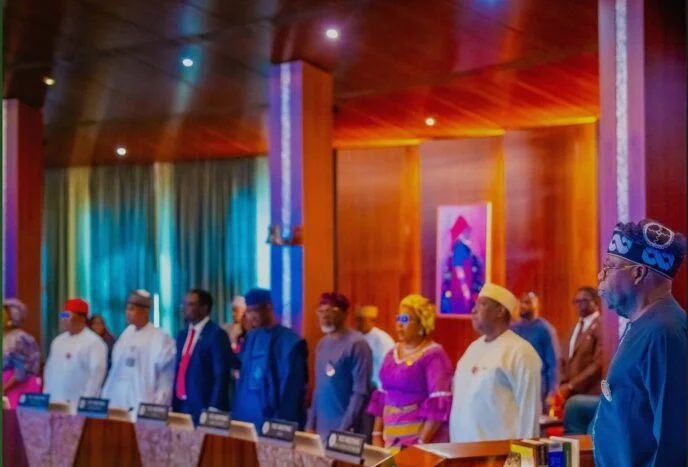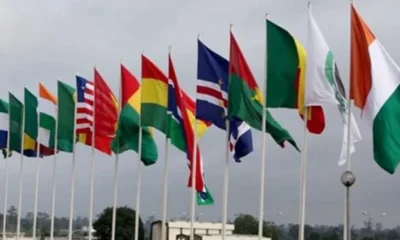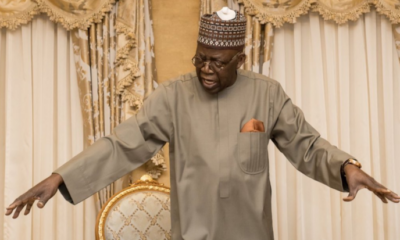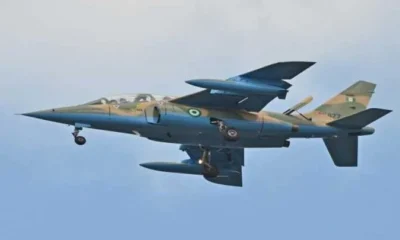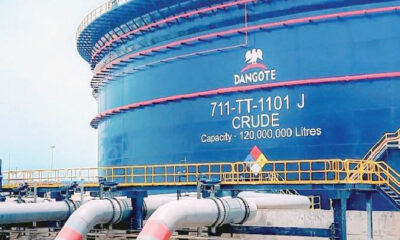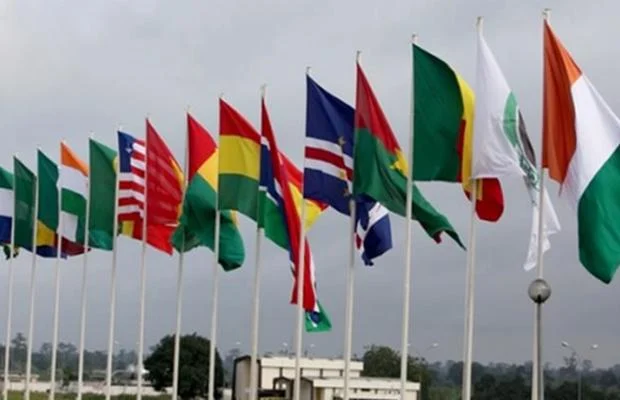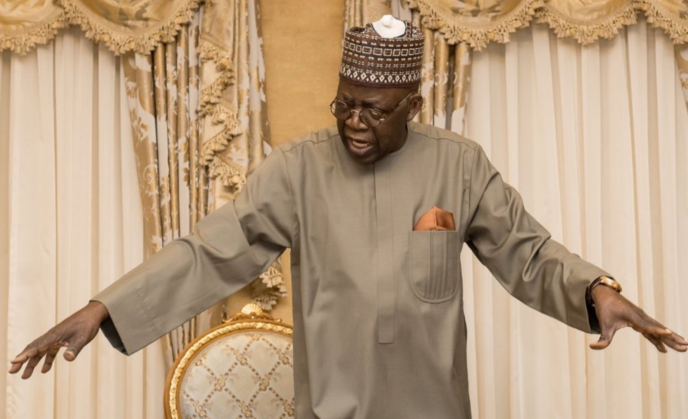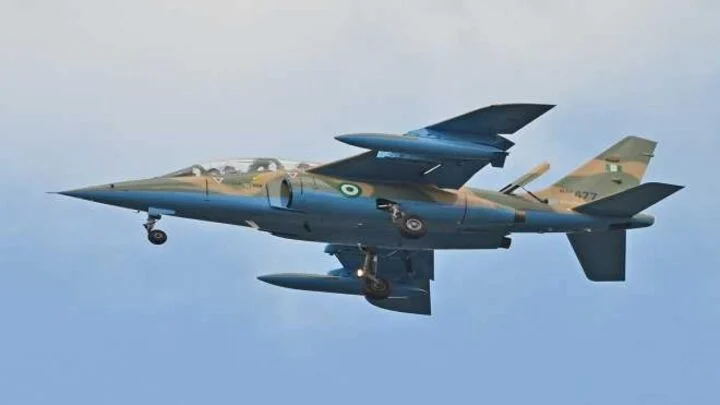The federal executive council (FEC) has approved contracts for the engineering, procurement, and construction of new substations under the presidential power initiative (PPI) to strengthen Nigeria’s power sector.
The council approved the contracts during its meeting on Monday in Abuja.
Speaking to journalists after the meeting, Adebayo Adelabu, minister of power, said the contracts — valued at approximately €161 million — would enable the upgrade of 14 existing substations and the establishment of 21 new ones across the country.
He mentioned that the project aims to increase the national electricity supply.
“The approval marks a crucial step in delivering on President Bola Ahmed Tinubu’s promise to enhance Nigeria’s power capacity,” Adelabu said.
Adelabu further explained that the initiative targets an operational capacity of 12,000 megawatts (MW) within four years, with a short-term goal of 8,000 MW in the next 12 to 24 months.
Key locations for the substations, he added, include Onitsha, Abeokuta, and Sokoto.
“These upgrades are essential for stabilising our transmission network and ensuring reliable power supply to Nigerians,” Adelabu added.
“There were basically two approvals for the Federal Ministry of Power as presented.
“The first was an approval for the award of contract, for engineering, procurement, construction, and financing for the implementation of the 330/132 KV and 132/33 KV substations upgrade under phase one of the presidential initiative, popularly known as the Siemens project.
“Subsequent upon completion of the pilot phase of this project, the FEC at today’s meeting considered it necessary for us to move forward as promised by the president of the Federal Republic of Nigeria at a meeting he held with the President of the Republic of Germany last week.”
Adelabu stated that the approved cost of the first batch of the “phase one of the Siemens project was €161.33 million”.
“Phase one of this Siemens project, as it relates to the transmission, upgrade, and expansion, actually includes 14 brownfield substations that need upgrade and revamping, and 21 Greenfield substations, which are new substations to be built across the country to improve the transmission segment,” the minister said.
“The first batch of this phase one of the projects includes one Onitsha, 330/133 KV substation under the Enugu electricity distribution company.
“Two, Offa 132/33 KV substation under the Ibadan electricity company. There is the new Abeokuta 330/132 KV substation.
“We have Ayede 330/132 KV substation. And lastly, Sokoto 132/33 KV substation. Those are the five substations to be worked upon under the first batch of phase one of the Siemens project.”
- ‘FEC APPROVES ACQUISITION OF NELMCO OFFICE COMPLEX’
Speaking further, Adelabu revealed that the FEC approved the acquisition of an office complex for the Nigeria Electricity Liability Management Company (NELMCO) in Abuja for N1.7 billion.
He explained that the approval was aimed at reducing the rising rental costs and ensuring NELMCO can effectively manage its expanded responsibilities in the reformed electricity sector.
“The office complex approved for outright purchase is at Plot 2148, Cadastra Zone A02 Wuse 1 District Abuja. The cost of this acquisition is N1.7 billion inclusive of 7.5 per cent VAT,” Adelabu said.
The minister emphasized that the acquisition was important to “avoid the escalating rent, which is being increased regularly due to inflation”.
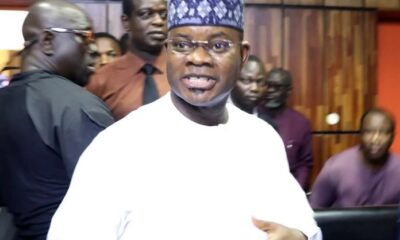
 BIG STORY5 days ago
BIG STORY5 days ago
 BIG STORY5 days ago
BIG STORY5 days ago
 BIG STORY5 days ago
BIG STORY5 days ago
 BIG STORY4 days ago
BIG STORY4 days ago
 BIG STORY2 days ago
BIG STORY2 days ago
 BIG STORY2 days ago
BIG STORY2 days ago
 BIG STORY2 days ago
BIG STORY2 days ago
 BIG STORY5 days ago
BIG STORY5 days ago




